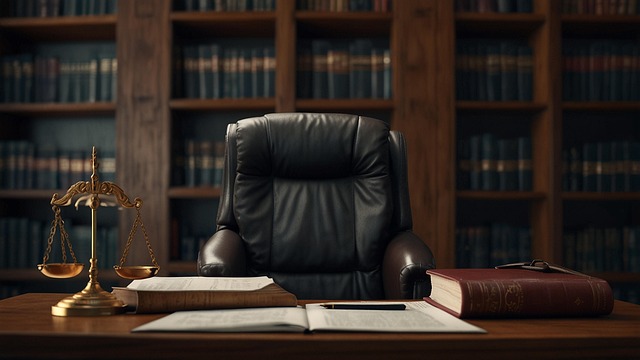This text delves into the legal complexities surrounding public corruption charges, emphasizing the Right to a Fair Trial Constitution as a cornerstone of justice. It explores how jurisdictions interpret and apply this right, focusing on balancing accountability with due process for accused individuals and entities. The article highlights the challenges in white-collar crime cases, advocating for transparent procedures and jury trials to ensure fairness while upholding the integrity of the legal system. Key considerations include evidence admissibility, legal representation, and the presumption of innocence, all vital to protecting rights without compromising swift justice.
“Public corruption charges represent a critical intersection of governance and justice. This article explores the intricate web of understanding, prosecuting, and defending against these charges. We delve into the definition and legal framework surrounding public corruption, emphasizing the delicate balance between accountability and procedural justice. Furthermore, we scrutinize constitutional considerations, focusing on how due process rights must be upheld in these high-stakes cases. By examining these aspects, we aim to shed light on the complexities of ensuring fairness within the legal system.”
- Understanding Public Corruption Charges: Definition and Legal Framework
- The Right to a Fair Trial: Balancing Accountability and Procedural Justice
- Constitutional Considerations: Protecting Due Process Rights in Corruption Cases
Understanding Public Corruption Charges: Definition and Legal Framework

Public Corruption Charges refer to allegations of illicit behavior by public officials or those in positions of power within philanthropic and political communities. These charges encompass a range of activities, from abuse of office for personal gain to influence peddling and misuse of public funds. Understanding these charges involves delving into the legal framework that governs them, which varies across jurisdictions but typically adheres to fundamental principles enshrined in the Right to a Fair Trial Constitution.
The legal landscape surrounding public corruption is designed to balance the need for transparency and accountability with the presumption of innocence. The process ensures that individuals accused of white-collar and economic crimes receive a fair trial, with all charges being rigorously examined by courts. This includes the complete dismissal of all charges if the prosecution fails to prove them beyond a reasonable doubt, upholding the integrity of the justice system.
The Right to a Fair Trial: Balancing Accountability and Procedural Justice

In any discussion about public corruption charges, the Right to a Fair Trial stands as a cornerstone principle that must be upheld. This right, enshrined in the Constitution, guarantees that every accused person, whether they are corporate or individual clients, is entitled to a rigorous and impartial process. Balancing accountability and procedural justice is essential; the former ensures that those who abuse public office face consequences, while the latter safeguards against potential injustices.
A fair trial involves ensuring that all procedures are followed diligently, evidence is admissible and fairly evaluated, and every accused person has adequate legal representation. This meticulous balance aims to avoid indictment based on flimsy or circumstantial evidence and, instead, fosters a system where the truth prevails. As such, it seeks to grant a complete dismissal of all charges only when justified by robust evidence and adherence to legal protocols, thereby maintaining the integrity of the justice system.
Constitutional Considerations: Protecting Due Process Rights in Corruption Cases

In public corruption cases, balancing the need for swift justice with safeguarding due process rights is a delicate task. The Constitution guarantees the right to a fair trial, ensuring that individuals accused of corruption-related offenses are treated equitably under the law. This includes the right to be informed of the charges, confront accusers, and present a defense—principles fundamental to maintaining public trust in the judicial system.
When addressing corruption, it is crucial to consider the implications for both the philanthropic and political communities, as well as corporate and individual clients. The process must be transparent, with clear procedures in place to prevent any infringement on the accused’s rights. Jury trials, for instance, offer a robust mechanism to ensure impartiality, allowing for community involvement in holding corrupt officials accountable while preserving the right to due process.
In navigating public corruption charges, striking a balance between accountability and procedural justice is paramount. Understanding the legal framework, protecting due process rights, and ensuring a fair trial under the Constitution are essential components of a robust system designed to address such complex cases. By upholding the Right to a Fair Trial, we strengthen our democratic institutions and foster a society where integrity and transparency thrive.






